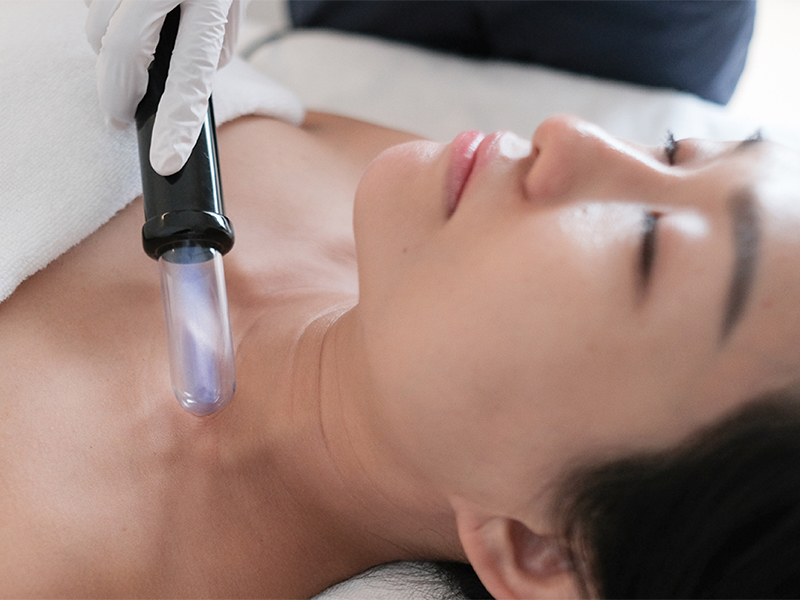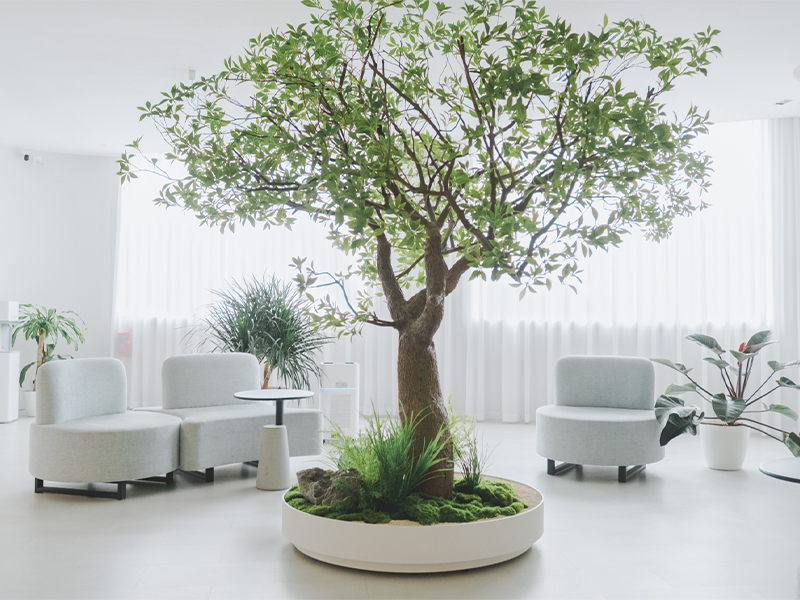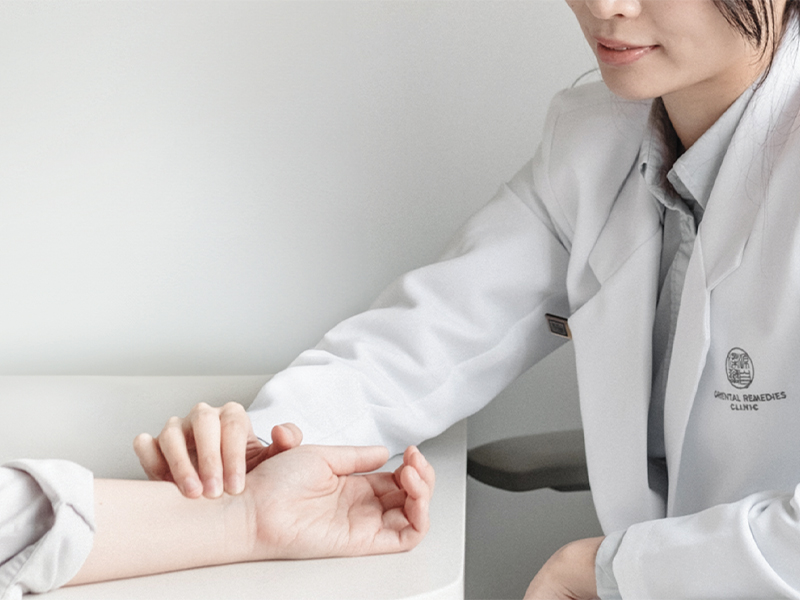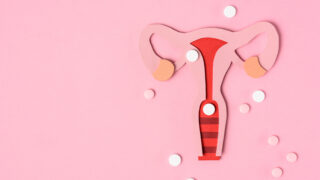Looking for a TCM clinic in Singapore for acupuncture and more? Read on!
I grew up with my mum’s traditional Chinese medicine (TCM) concoctions bubbling away in the kitchen and have sworn by the occasional herbal packet myself. But my recent visit to Oriental Remedies Clinic opened my eyes to a different side of TCM in Singapore – one that’s impressively advanced while still rooted in traditional principles. Besides acupuncture in Singapore, it even offers the likes of Electro-Lymphatic Therapy and health coaching.

Established in 2012 and now with five branches, this TCM clinic (a Readers’ Choice Awards 2025 winner for best alternative and natural medicine) has a team of over 10 bilingual physicians and blends ancient wisdom with technology to offer a personalised, data-driven approach to wellness. Behind it is co-founder and CEO Beatrice Liu, who’s passionate about making TCM in Singapore more accessible and effective.
“I see tech-enhanced therapies and TCM as complementary practices along the same healing continuum,” she explains. “TCM gives us insights into the body’s energy and organ systems, while technology works at the cellular level. They create a natural synergy.”
TCM and acupuncture in Singapore – a journey that starts with data
My visit to Oriental Remedies Clinic’s beautiful Orchard TCM clinic began with a thorough consultation with my physician who carefully assessed my pulse and tongue. She quickly picked up on digestive imbalances (spot on, given my ongoing bloating) and stress-linked tension headaches, suggesting treatments tailored to these concerns. First up? Acupuncture – around 20 needles placed across my scalp, stomach, legs and feet. There was a mild poking sensation but no pain at all. I lay on a heated Far-Infrared mat that boosted circulation and nearly nodded off!
Besides acupuncture in Singapore and other traditional treatments, a new offering here is health coaching – something not usually seen in TCM in Singapore – supported by the Biowell Meridian Scan and Heart Rate Variability Assessment. These complement TCM to shape a holistic, personalised programme, which Beatrice says includes “practical, actionable advice on diet and strategies for better sleep and stress management that genuinely fit into demanding schedules.”
With a just quick fingertip scan, the system generated a report showing which parts of my body were balanced or under strain (thyroid and digestion, in my case). Then, an insightful chat with the health coach unpacked my lifestyle habits and offered some helpful tips.
High-tech treatments like Electro-Lymphatic Therapy
Capping off the session was the TCM clinic’s signature Electro-Lymphatic Therapy (ELT), an FDA-registered technology not commonly available in Singapore. The therapist moved two handheld wands emitting frequency vibrations across my body, which buzzed louder over areas of less congestion. ELT aims to stimulate lymphatic flow, reduce inflammation and clear toxins – like a pain-free alternative to deep tissue massage. I walked out in a relaxed daze, like I’d been unknotted from the inside out. Over several sessions, ELT works through layers of the body for deeper detox.
A new kind of healing
By combining ancient wisdom with modern innovation, Beatrice says this hybrid approach offers faster relief and more sustainable outcomes than either method alone. It also makes TCM in Singapore more accessible. “Someone fearful of needles might start with Electro-Lymphatic Therapy, experience tangible improvements and gradually explore acupuncture or herbal medicine.”
Oriental Remedies Clinic helps with a range of concerns, from eczema, fatigue and autoimmune conditions to cancer, digestive issues and wellbeing optimisation. Depending on your needs, the team may also suggest other treatments like cupping, herbal medicine, Far-Infrared Therapy or Cell Pro Therapy.
After just one session, I left with a better understanding of my health, measurable data to work with, practical steps to feel better and a newfound appreciation for what modern TCM can do. If you’ve been curious but found TCM in Singapore intimidating or outdated, here’s a great place to start.
Special offer! Quote “EL50” to enjoy a TCM consultation plus an Electro-Lymphatic Therapy session at only $50 (valued at $391). Valid until 1 July 2026 for new patients only. (Not valid with other promotions; T&Cs apply.)
Oriental Remedies Clinic
Locations at Orchard, Upper Thomson, East Coast, Jurong East and Punggol (opening in August).
8087 0486 | orientalremediesgroup.com | enquiries@orientalremediesgroup.com
This article about TCM in Singapore at Oriental Remedies Clinic, acupuncture in Singapore and Electro-Lymphatic Therapy first appeared in the July 2025 edition of Expat Living. You can purchase the latest issue or subscribe so you never miss a copy!
To make the most of living in Singapore, read our latest City Guide here for free!
Don't miss out on the latest events, news and
competitions by signing up to our newsletter!
By signing up, you'll receive our weekly newsletter and offers which you can update or unsubscribe to anytime.





